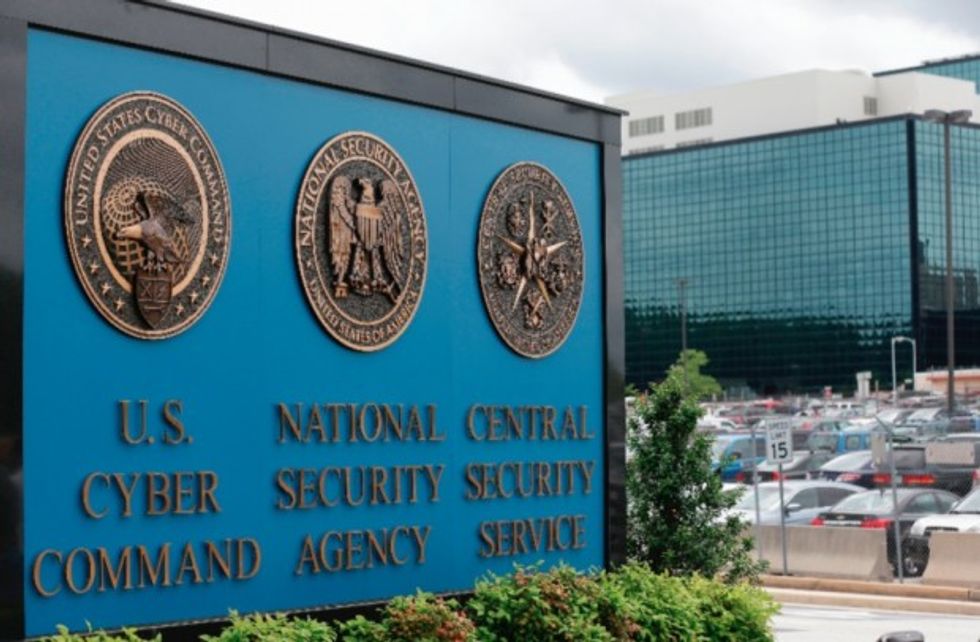
A Sunday, June 9, 2013, file photo provided by The Guardian newspaper in London shows Edward Snowden, who worked as a contract employee at the U.S. National Security Agency, in Hong Kong. (AP Photo/The Guardian, File)

WASHINGTON (AP) -- The Obama administration has decided that the National Security Agency will soon stop examining - and will ultimately destroy - millions of American calling records it collected under a controversial program leaked by former agency contractor Edward Snowden.
 A Sunday, June 9, 2013, file photo provided by The Guardian newspaper in London shows Edward Snowden, who worked as a contract employee at the U.S. National Security Agency, in Hong Kong. (AP Photo/The Guardian, File)
A Sunday, June 9, 2013, file photo provided by The Guardian newspaper in London shows Edward Snowden, who worked as a contract employee at the U.S. National Security Agency, in Hong Kong. (AP Photo/The Guardian, File)
When Congress passed a law in June ending the NSA's bulk collection of American calling records after a six-month transition, officials said they weren't sure whether they would continue to make use of the records that had already been collected, which generally go back five years. Typically, intelligence agencies are extremely reluctant to part with data they consider lawfully obtained. The program began shortly after the September 2001 terrorist attacks, but most of the records are purged every five years.
The NSA's collection of American phone metadata has been deeply controversial ever since Snowden disclosed it to journalists in 2013. President Barack Obama sought, and Congress passed, a law ending the collection and instead allowing the NSA to request the records from phone companies as needed in terrorism investigations.
That still left the question of what to do about the records already in the database. On Monday, the Director of National Intelligence said in a statement those records would no longer be examined in terrorism investigations after Nov. 29, and would be destroyed as soon as possible.
The records can't be purged at the moment because the NSA is being sued over them, the statement said.

The NSA queried the database around 300 times a year against phone numbers suspected of being linked to terrorism. But the program was not considered instrumental in detecting terror plots.
It later emerged that some officials inside the NSA wanted to unilaterally stop collecting the records, both because they were concerned about the civil liberties information and because they didn't believe the program was effective. Many mobile phone records, for example, were not collected.
Still, in the event of an attack, the records currently being stored would allow the NSA and the FBI to quickly map connections going back several years. Without the database, that task will be somewhat harder because the records will have to be obtained. And the top terrorism fear among American officials at the moment is an attack by a disgruntled American who has been radicalized by an Islamic State operative abroad.
"There's a potential reduction in capability that they are accepting under pressure," said Steven Aftergood, who writes about intelligence and secrecy for the Federation of American Scientists. "Whatever intelligence and analytical value might reside in this data will be eliminated. It's a political choice that they are making, and it shows that at the end of the day they are a law-abiding organization. They are not putting their intelligence interests above external control."